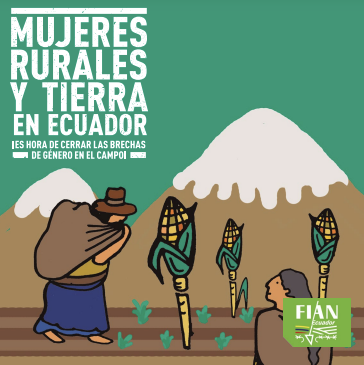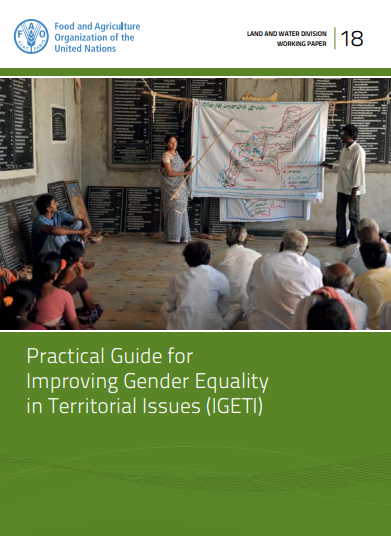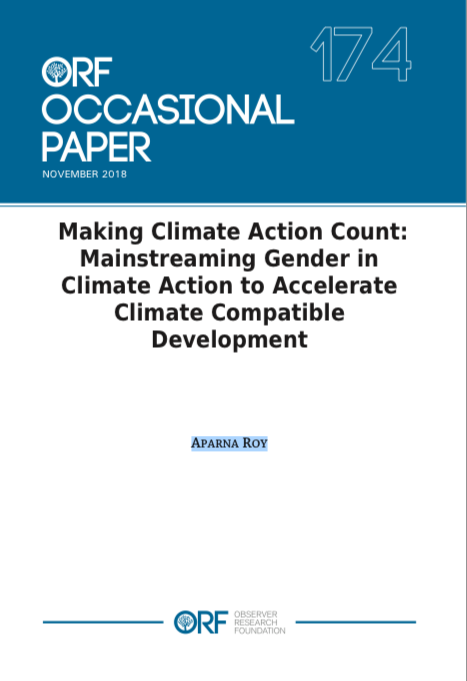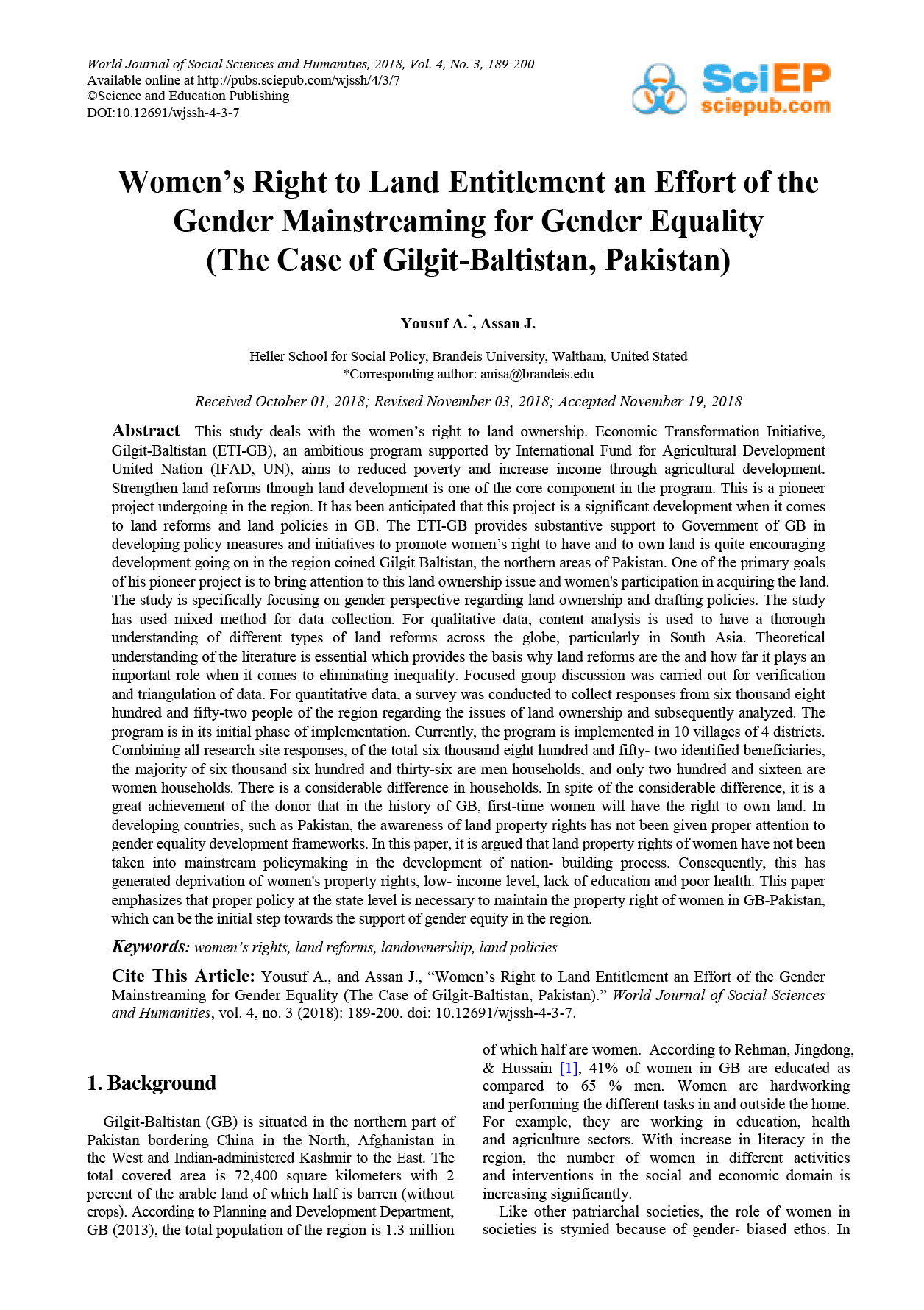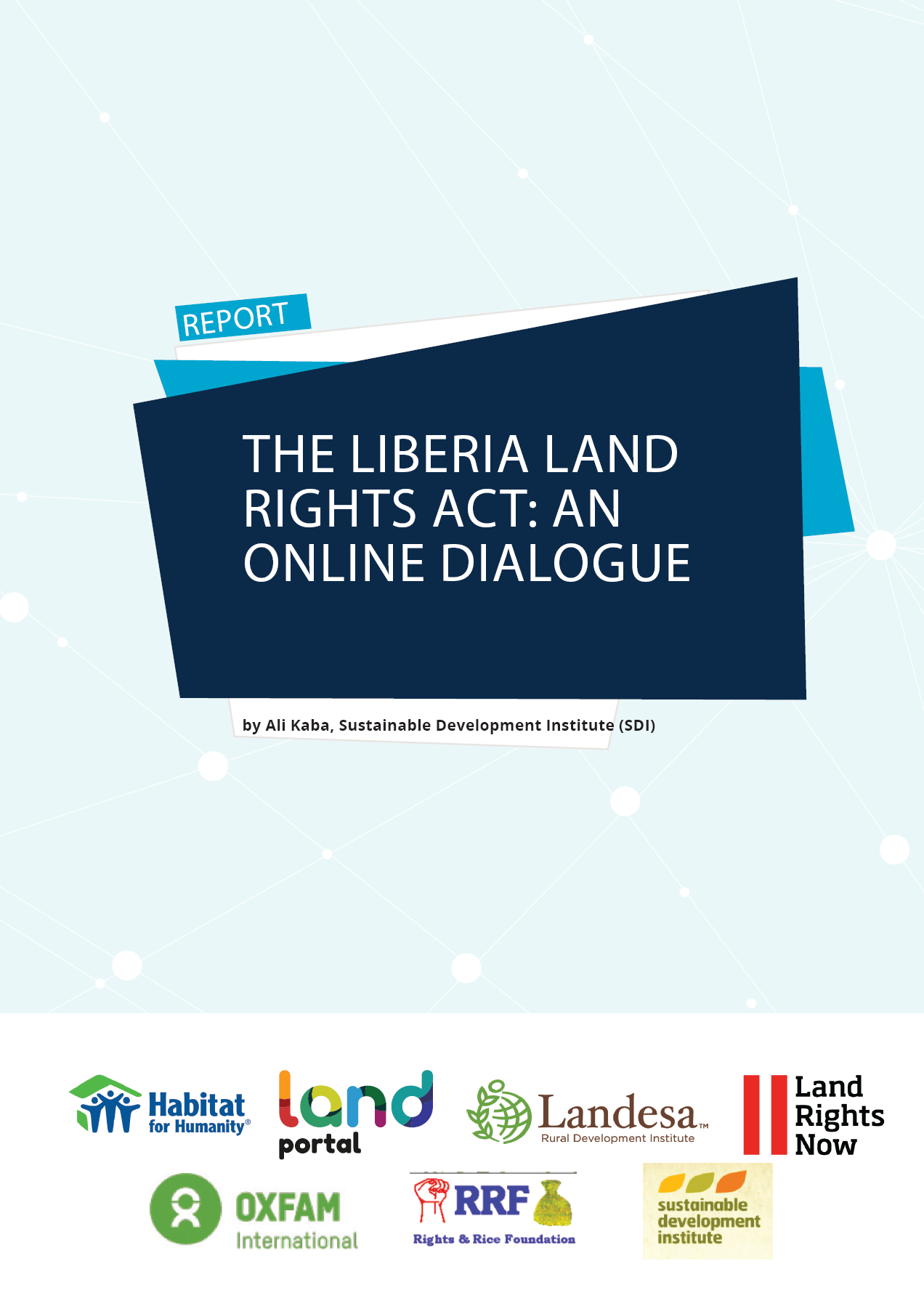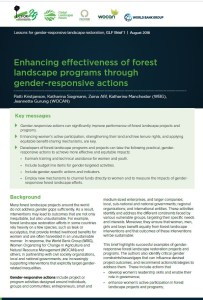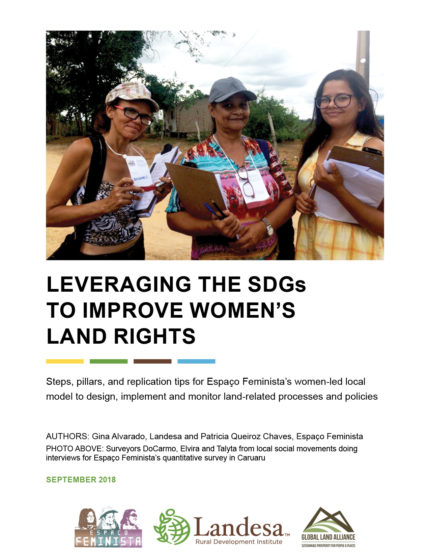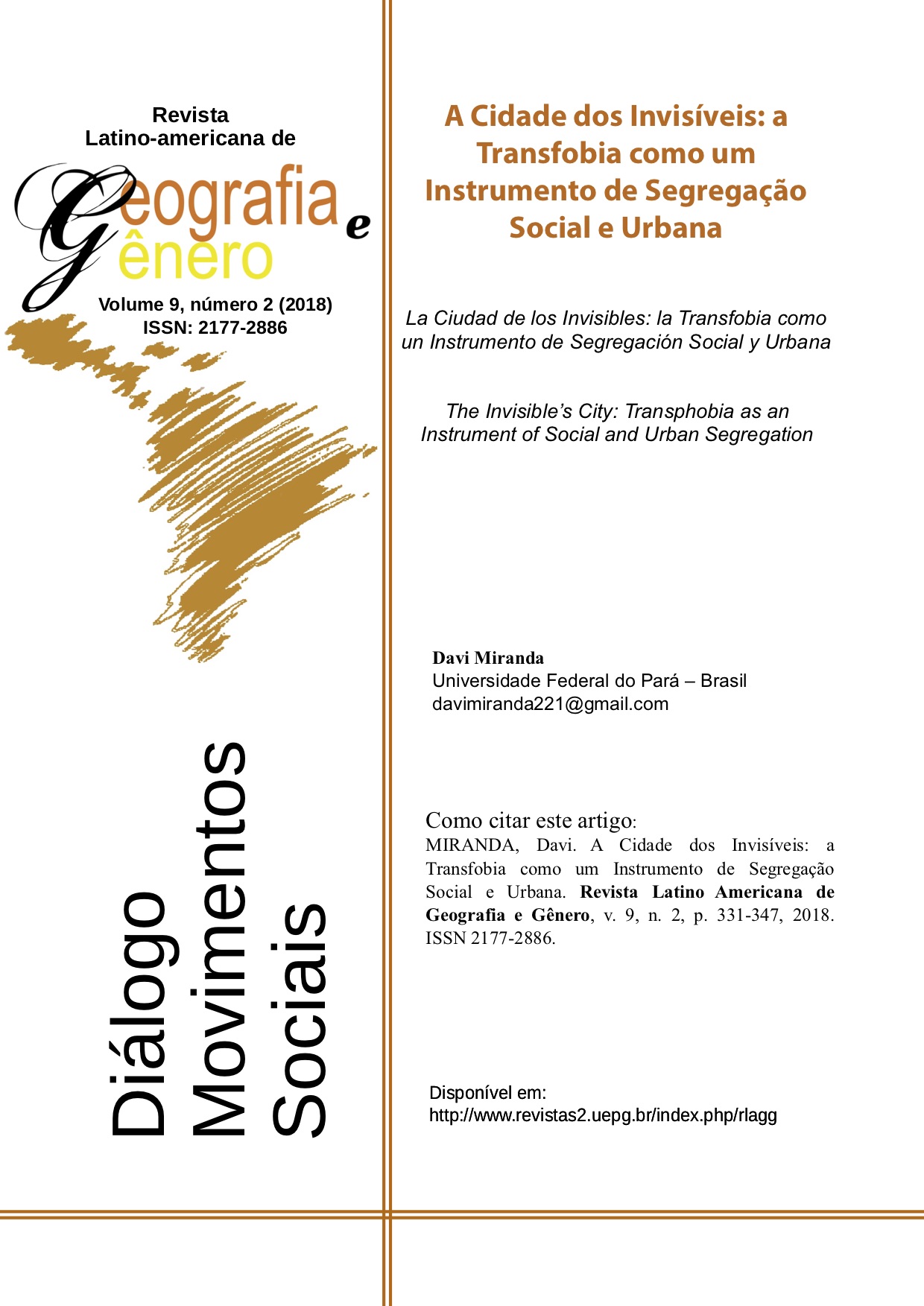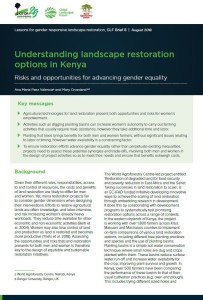Mujeres Rurales y Tierra en Ecuador
Este documento analiza las relaciones de género en la problemática agraria ecuatoriana, con especial énfasis en las brechas en el acceso a la tierra. Además, estudia el rol que juega la mujer en la defensa del derecho a la alimentación y el derecho a la tierra, pero también su lucha por el territorio, a partir de un estudio de caso emblemático en Ecuador: el caso de la Asociación de Montubios Autónomos de Colimes (ASOMAC).

